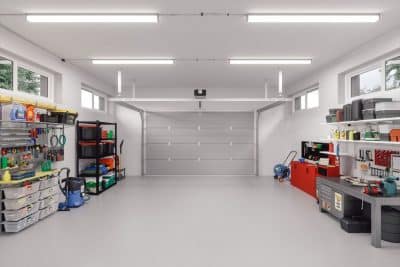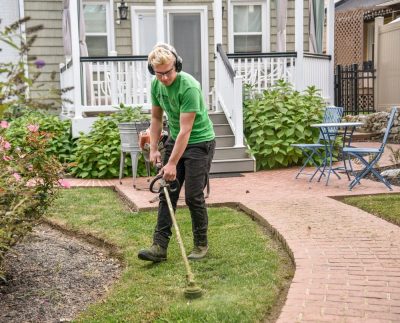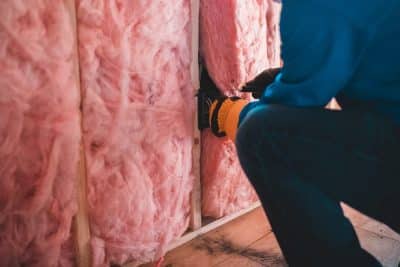
Plumbing emergencies can strike at any time, often when you least expect them. Perhaps it’s a burst pipe, an overflowing toilet, or a sudden leak that threatens to flood your bathroom. Such situations can undoubtedly trigger panic, but maintaining your composure is critical for effective resolution. In this article, we’ll explore practical steps to take when faced with a plumbing crisis, so you can manage the situation smoothly without losing your cool.
Assess the Situation
When faced with a plumbing problem, your first instinct might be to react immediately. However, taking a moment to assess the situation can provide you with clarity. Ask yourself the following questions:
- What exactly is happening?
- Is there water leaking or flooding?
- Are any household members or pets in immediate danger?
Understanding the specifics of the issue is the first step toward finding a solution. For instance, if you’re dealing with a severe leak, you’ll need to act swiftly to prevent further damage.
Turn Off the Water Supply
One of the first actions to take during a plumbing emergency is to turn off the water supply. This crucial step can save you from extensive and costly water damage. Depending on the location of the issue, you have a few options:
- Main Water Valve: Locate the main shut-off valve, usually situated near your water meter. Turning this valve off will stop water flow to your entire home.
- Localized Shut-Off: For localized issues, such as a leaky tap, find the shut-off valve for that specific fixture. You might need a wrench or a simple twist of the valve, depending on your plumbing setup.
Knowing how to locate and operate these valves ahead of time can make a significant difference in times of crisis.
Clear the Area
Once you have managed the water situation, it’s time to clear the area of any items that could get damaged. Move furniture, rugs, and personal belongings away from the source of the leak or damage. This not only helps protect your valuables but also allows clear access for any necessary repairs.
Document the Damage
If your plumbing emergency leads to significant damage, documenting the situation becomes important for insurance purposes. Take photos of the affected areas and keep a record of any repairs or actions taken. This information could be vital if you need to file a claim with your insurance provider.
When To Call for Professional Help
While some plumbing situations can be managed on your own with basic tools and techniques, others require professional attention. Knowing when to call for help is essential. If you find yourself facing any of the following scenarios, seek a professional plumber immediately:
- A significant leak that you cannot control.
- Multiple fixtures are affected simultaneously, such as multiple toilets or sinks flooding.
- Unpleasant odours emanating from the pipes, which could indicate a serious blockage.
- Any sign of damage to your plumbing infrastructure that appears beyond a simple fix.
For quick and reliable help, consider turning to a 24/7 emergency plumbing service, which can provide immediate assistance when you need it most. If you’re in Essex, for example, Flowise offers reliable emergency plumbing services that can help alleviate the stress of unexpected plumbing issues.
Be Proactive: Steps to Prevent Future Emergencies
Once you’ve dealt with an immediate plumbing crisis, it’s wise to consider preventive measures to mitigate the chances of future emergencies. Here are some strategies to keep your plumbing in check:
Regular Maintenance
- Inspect Pipes Regularly: Keep an eye out for rust, corrosion, or leaks within your visible plumbing. Catching problems early can save you a nightmare down the line.
- Flush Drains: Regularly flush your drains with hot water to clear out soap scum and debris that could lead to clogs.
- Seasonal Check-Ups: If you live in an area with cold winters, schedule a check-up before the season begins to ensure pipes are insulated against freezing.
Know Your Plumbing System
Familiarising yourself with your plumbing system can help you identify potential issues before they escalate. Understand which materials your pipes are made of, the locations of key shut-off valves, and the overall layout of your plumbing. This knowledge will greatly assist your ability to troubleshoot problems quickly.
Emergency Plumbing Kit
Consider creating an emergency plumbing kit that includes essential tools like a plunger, pipe wrench, and adjustable wrench, along with items like plumber’s tape and towels. Having these items readily available can save you time and effort when the need arises.
Stay Calm and Collected
Finally, perhaps the most important tip for handling a plumbing emergency is to remain calm. Panicking can cloud your judgement and lead to hasty decisions, which might exacerbate the situation. Take deep breaths, remind yourself that most plumbing issues can be resolved, and follow the steps outlined above to navigate the emergency effectively.
In summary, plumbing emergencies don’t have to be sources of overwhelming stress. By staying calm, knowing when to act, and preparing in advance, you can tackle any plumbing crisis with confidence. Whether you manage the situation on your own or call for professional assistance, you’ll find that a little preparedness goes a long way.








